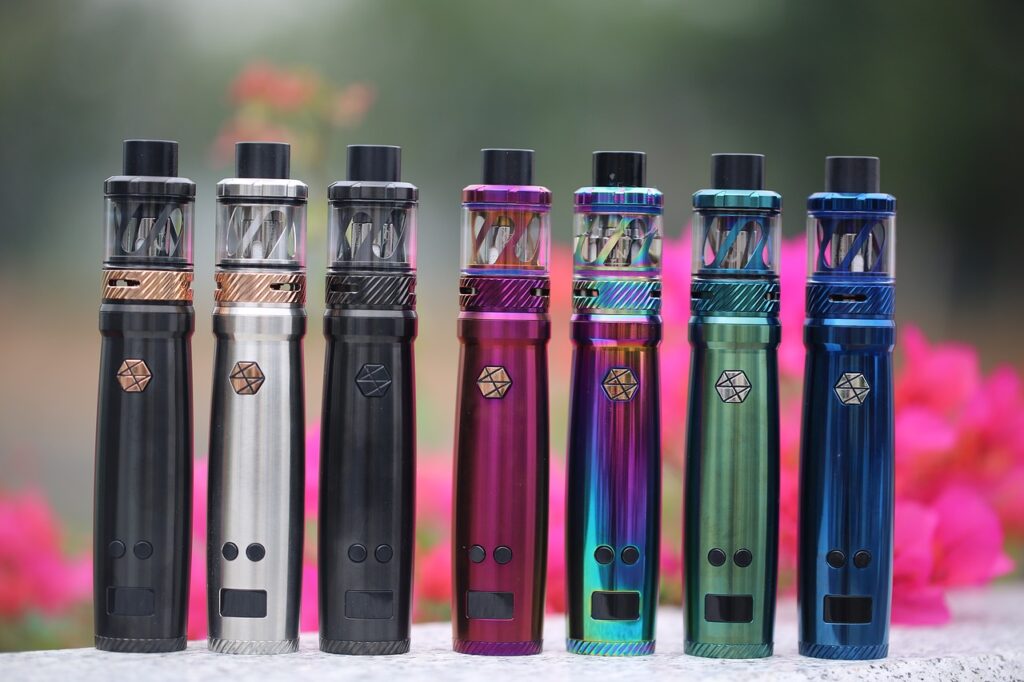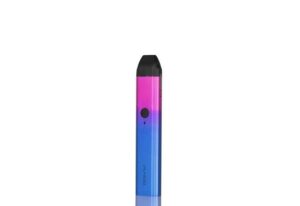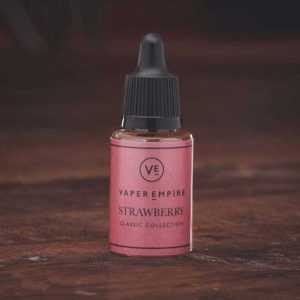The U.S. Food and Drug Administration (FDA) has issued Marketing Denial Orders for over 946,000 flavored vaping products. While many of these products were already on the market and available to adult consumers in the United States, others had not yet been introduced to the marketplace and had never been through the FDA’s review process.
Roughly one year ago, the FDA was tasked with reviewing over 6.5 million “deemed” new tobacco products. As of September 9, 2021, the FDA has taken action on approximately 93% of the timely submitted applications.
The Marketing Denial Orders that the federal agency issued for nearly 950,000 vaping products came as a result of what the FDA claims to be a lack of sufficient evidence that the products provide sufficient benefit to adult smokers that outweighs the public health threat posed by youth use of such products.
“This includes issuing Marketing Denial Orders (MDO) for more than 946,000 flavored ENDS products because their applications lacked sufficient evidence that they have a benefit to adult smokers sufficient to overcome the public health threat posed by the well-documented, alarming levels of youth use of such products.”
While the FDA’s recent decision to ban a significant number of vaping products has quickly made headlines, so too has the agency’s decision to delay taking action on Juul vaping products.
Regulators at the agency previously stated that Juul and a small number of key players that dominate the U.S. e-cigarette market would be prioritized, however, none of these targeted companies were included in the agency’s recent announcement.
Juul reportedly accounts for nearly 50% of the $4 billion e-cigarette market in the U.S., which is down considerably from a time not long ago when the popular vape company controlled over 75% of the U.S. market.
A study published earlier this year that was carried out by Yale School of Public Health found that banning flavored vape liquids may have led teens to cigarettes.
The study’s author, assistant professor of health policy at Yale School of Public Health Abigail Friedman, said that the study’s findings “suggest a need for caution” and that “a law that increases youth smoking could pose a threat to public health.”
“While neither smoking cigarettes nor vaping nicotine are safe per se, the bulk of current evidence indicates substantially greater harms from smoking, which is responsible for nearly one in five adult deaths annually. Even if it is well-intentioned, a law that increases youth smoking could pose a threat to public health.”
What do you think of the FDA’s recent decision to ban thousands of flavored vaping products?






















